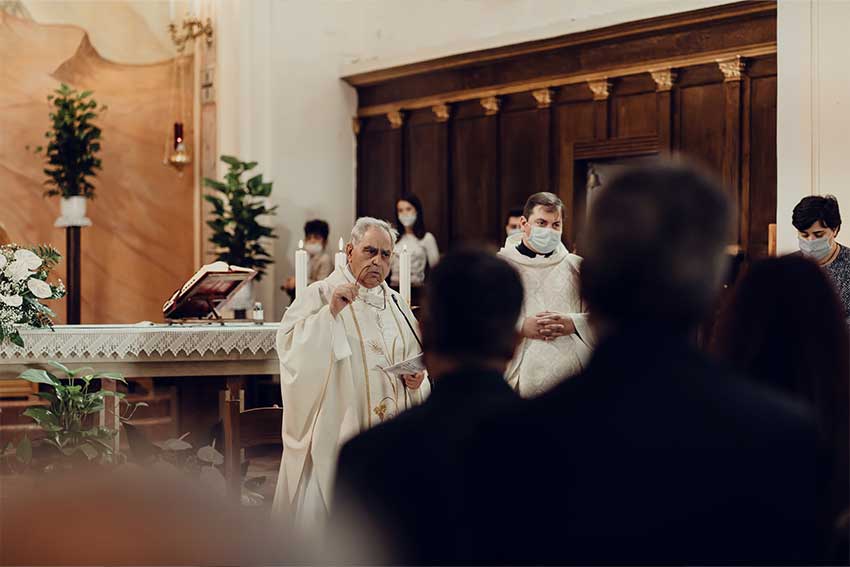
By Fr Peter Kwak
Lest I be misunderstood, I preface the article by affirming the utmost importance of doctrinal clarity, which is a sign to us of the solicitude of God who wants us to know that, yes, Emmanuel! God is with us and we are not left alone in the darkness of ignorance or error.
The splendour of the Word of God, who “became flesh” (Jn 1:14), shines through the church’s clear teachings, by which humanity can be guided, without falling victim to relativism, the chaotic consequences of which are all too evident in our present society.
Since Vatican II, some of our practices have changed, starting with how we worship. Other examples include: marriages between Catholics and non-Catholics, as well as funerals for those who have committed suicide.
Unfortunately, however, many mistakenly assumed that these changes evidenced contradictions or ruptures and failed to see the continuity behind the different expressions.
For this reason doctrinal clarity might have been one of the first priorities for St John Paul II and Pope Benedict XVI, so as to dispel the myth of discontinuity.
But another priority was then bound to follow: How do we communicate to the world, beautifully and convincingly, what the Church clearly believes?
Effective preaching requires profound understanding of the audience, in order to persuade them from within, for which reason St Paul aspired to become “all things to all men” (1Cor 9:22).
This is where the importance of dialogue becomes paramount and ought to be accentuated, even at the perceived (not actual) expense of doctrinal clarity at times, for the sake of engendering, through processes which are far from “neat and tidy,” new expressions which are inspired and efficacious.
I think of a gym analogy. The ideals of health and fitness do not change, except by way of continuous development. But a gym from which the vast majority feel alienated isn’t exactly serving its purpose.
Innovative approaches are required so that the unhealthy/unfit can feel a sense of belonging and start to move in the right direction. The emphasis might need to shift at times from the ideals of health and fitness, which no one attains instantly, to the art of accompaniment which is conducive to authentic progress.
The latter would require patience but, as Pope Francis puts it, “time is greater than space!”
A litany of culture war issues have gone against church teachings over the past several decades, thereby entrenching a culture of death in our midst.
But one of the biggest failures by the church might have been poor preaching/catechesis, which conveyed insufficient depth or meaning, rather than any lack of doctrinal clarity per se.
We were out-narrated by those who, either knowingly or unknowingly, undermined the Word of God!
Therefore, when it comes to the proclamation of the Gospel, there is nothing un-Catholic about a pope who, in continuity with the body of other popes before him, discerns that adventurous engagement might be preferable to risk-free consolidation right now.
PS: Yes, I believe that the controversial footnote in Amoris Laetitia means what it appears to mean! But this signals a change of practice, under certain circumstances, rather than a change of belief.
Any change in practice always runs the risk of reviving the myth of discontinuity, hence the reason why Pope Francis specifically asked for the document to be “read patiently and carefully” (7, AL).
What he really wants might be for the enduring continuity of Catholicism, inclusively of our sacramental/moral theology, to be grasped evermore clearly, starting from the sanctuary of our conscience.
Fr Peter Kwak is parish priest of Regina Coeli parish, Beverly Hills.
